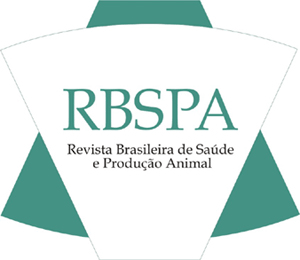ABSTRACT
The aim of this study is to evaluate the influence of including levels of calcareous seaweed flour in replacement for calcite limestone on the diet under egg conservation at different storage periods. 140 Japanese quails were used in a completely randomized experiment consisting of a 4x4 factorial design. The factorial design was four inclusions of calcareous seaweed (0%, 10%, 20%, and 30%) and four storage periods (zero, seven, 14, and 21 days) with ten replications of three eggs each. The egg quality variables were evaluated. Data were subjected to analysis of variance using Tukey test and polynomial regression at a 5% significance level. There was no interaction effect between the factor's storage time and inclusion of calcareous seaweed (p>0.05). There was an increasing linear effect on shell weight and thickness in relation to inclusion levels of calcareous seaweed. There was an individual effect of egg storage time (p>0.05) on egg weight, yolk color, albumen and yolk height, yolk weight and percentage, albumen, yolk index, yolk diameter, specific gravity, and Haugh unit. The inclusion of up to 30% of calcareous seaweed in replacement for calcite limestone in the diet of Japanese quails improves the weight and thickness of eggshells but does not influence the conservation of the eggs up to 21 days of storage.
Keywords:
storage; quail farming; conservation; shell thickness; organic minerals
